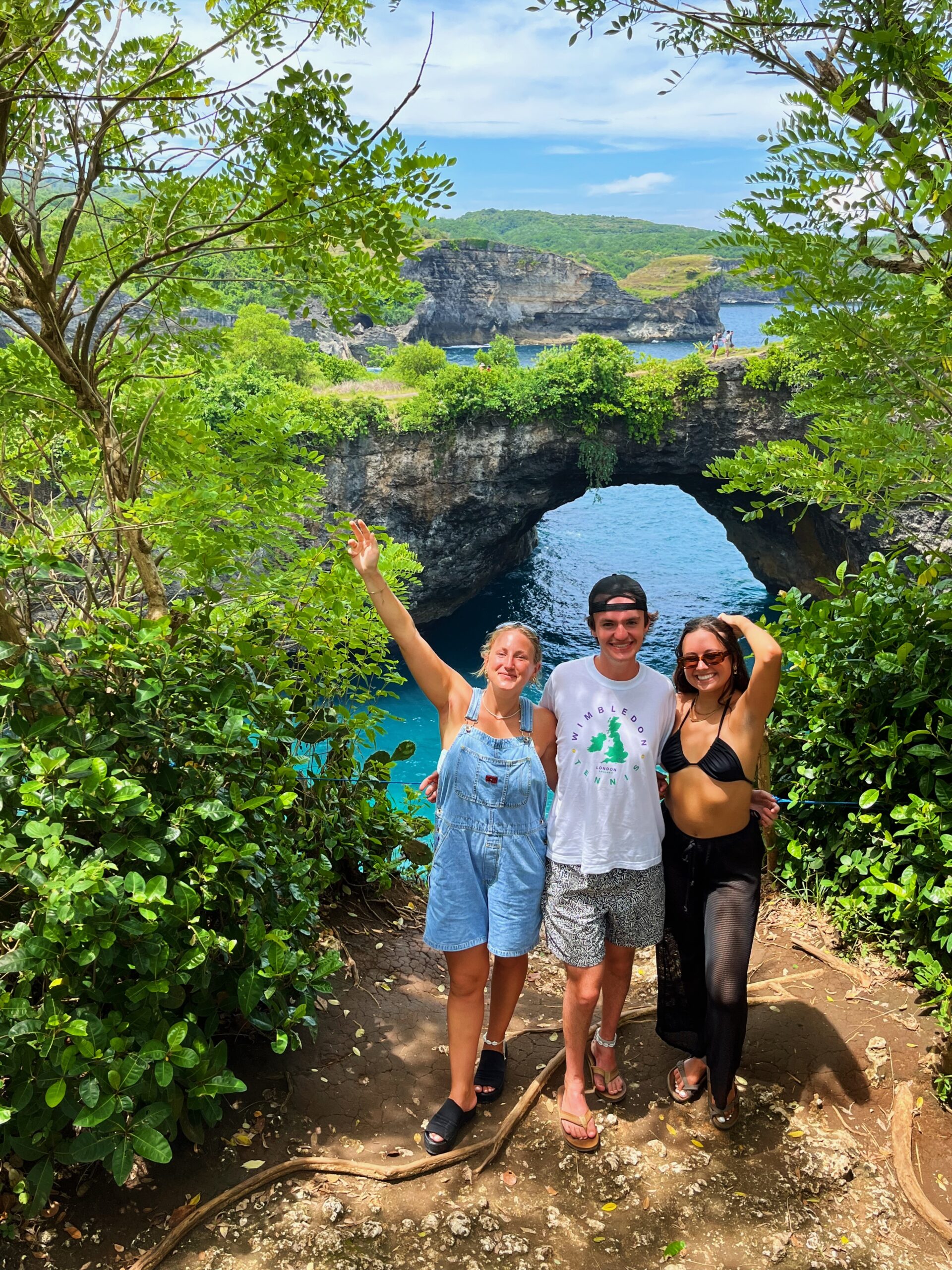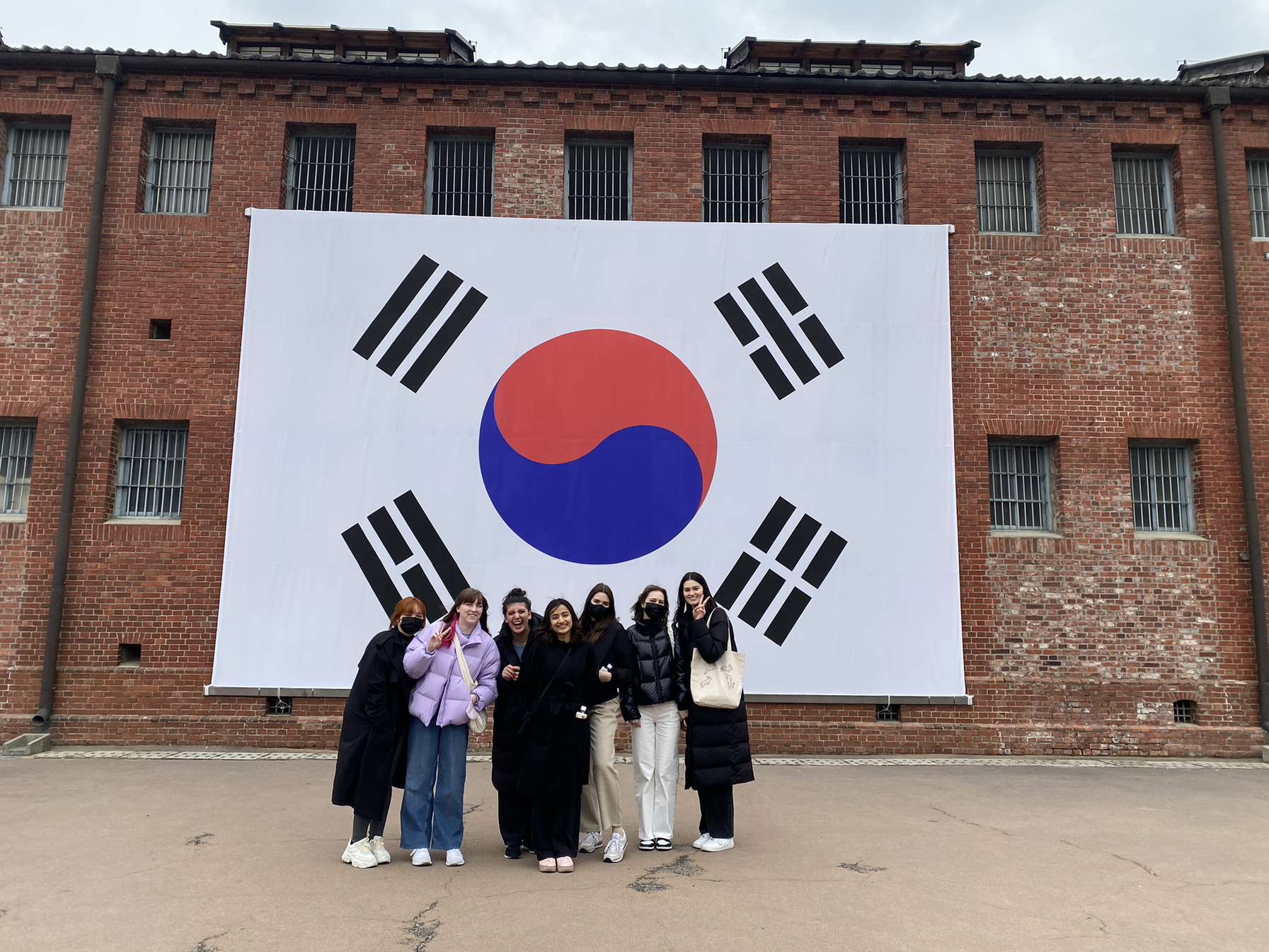May is Mental Health Awareness Month, and at TEAN, we know that mental health is a topic relevant to every individual. Similar to physical health, staying mentally well is an ongoing practice and a highly individualized journey. While traveling, you may notice some shifts in your wellness that require unique interventions.
In this blog, we share stories and tips from alumni about how they prioritized mental health during their study abroad experience. Although everyone’s journey is different, these stories offer insights on how to optimize well-being. We hope they will aid your own self-discovery of what practices and mental health tools are most helpful for you. If possible, we invite you to spend some time pre-departure to reflect on ways you can maintain calmness and clarity and be your best self throughout your program.
Here’s what our alumni had to say about navigating their mental health abroad!
Noah D. | Gold Coast, Australia
Saint Anselm College
“So luckily, in the Gold Coast, I felt as though we kind of meshed well with the people who live there that were kind of in the same age group. We kind of had the same mindset and similar activities in common. Mental health-wise, I was a little nervous about that as I see a counselor back home and struggle with a few mental health issues. I know with different insurances and language barriers, it’s possible that it can get really nerve-wracking. However, the insurance that TEAN provides to you has options for counseling, and before I left, I made sure to check with my own counselor about how I could reach them if I needed to or what other resources I could reach without the international barrier getting in the way.
I definitely recommend making plans of how you are going and researching prior to arrival so you don’t find yourself in a situation where you’re not prepared. Also, finding physical and mental health outlets that kind of remind you of home. It keeps you grounded, and you’re still in your interests and stuff like that.”

Sian N. | Bangkok, Thailand
Indiana State University
“That’s a very important question. For me, I communicated with my family and my friends back home very often. We would try to schedule a time at least once a week. If I was going through something mentally, then I would talk to my friends in Bangkok. Thankfully, I became really close friends with the people from my TEAN program. We were very open to talking about what we were going through and how we could help each other. And they’re always willing to give advice and help each other through it. So it was definitely very fun, and I’m very grateful for them.”

Sophia T. | Seoul, South Korea
Mercyhurst University
“I think it’s important to talk to people back home but also not worry too much about what’s going on back home. Then you’ll have FOMO. I thought adjusting was going to be hard, but I didn’t feel like I got homesick too much until classes got more stressful. Then I Facetimed everyone every day, and then I wasn’t too homesick after that.
It’s important that in the beginning, the first couple of weeks, you talk to your family and let them know that you may not have time to talk to them every day. Because you know they’ll miss you, too. It’s really important for your mental health that you don’t feel like your communication has to be a key point for you. Otherwise, you feel like your family might think that you don’t care about them when that’s not the case. That was the most important for me.“

Natalia M. | Seoul, South Korea
University of Texas – El Paso
“I had never been away from home or from my family, so it was important to be in contact with them. I think that really helped me be calm. It was reassuring for me. Mentally, it’s important to get out and really find a support system like your friends: everyone that you can hang out with and take care of each other.”

Studying abroad can be an intense experience. There can be moments of heightened bliss paired with moments of difficulty and confusion. When you get to a new culture with so many dynamic factors, you may notice shifts in your mood, interests, or energy levels. This is normal, and with self-awareness, a supportive community, and personalized tools, you will be ready to ride the waves of your experience.
And remember that TEAN is here to help along the way! If there’s anything you’d like to discuss about your mental well-being abroad, please reach out to us. Your Program Manager is your best point of contact pre-departure, and your onsite Resident Director is available throughout your program. Thanks for reading. Sending well wishes for your program!







